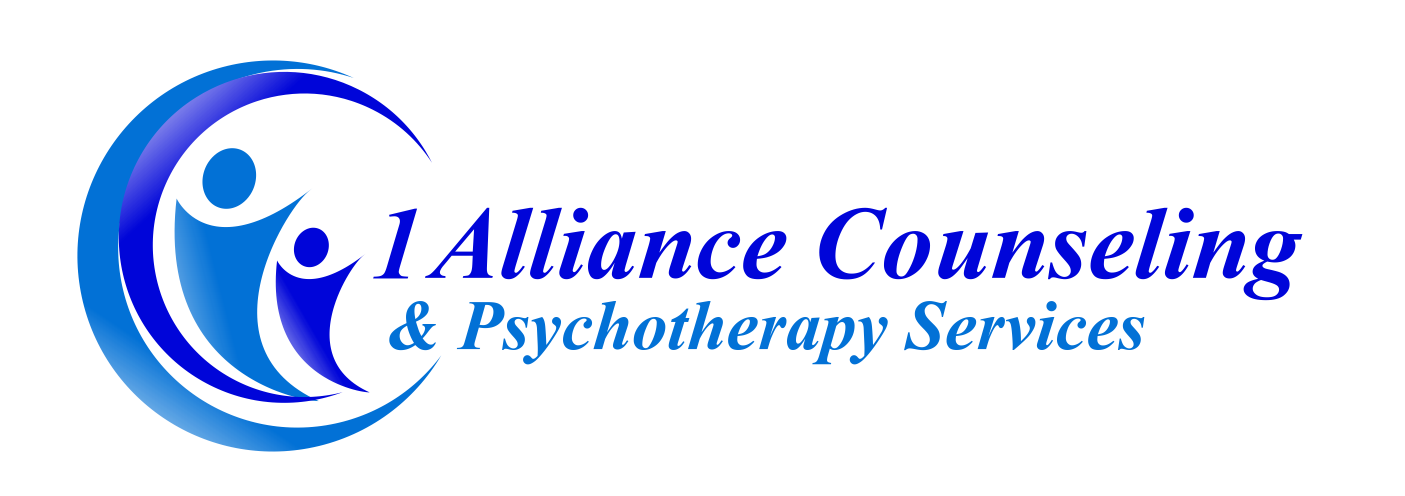Many schools have reopened for a variety of services in the midst of the COVID-19 pandemic. For those pursuing higher education programs, this can build a sense of anxiety due to virtual learning and social distancing or fear of how to engage in the public sector if your program requires some in-person classes. This article’s purpose is to offer some basic information of things to be on guard for when it comes to your mental health, along with some coping activities to manage the pressure of academics in the middle of a global health crisis.
According to the National Alliance on Mental Illness (NAMI), the average delay between symptom onset [for mental health concerns] and treatment is 11 years. If you notice during the pandemic, you are experiencing the following symptoms, it is time to seek help. The common warning signs of Mental Illness in Adults are: “Excessive worrying or fear, Feeling excessively sad or low, Confused thinking or problems concentrating and learning, Extreme mood changes, including uncontrollable “highs” or feelings of euphoria, Prolonged or strong feelings of irritability or anger, Avoiding friends and social activities, Changes in eating/sleeping habits, thinking about suicide, overuse of substances or alcohol and the like” (NAMI.org). During the pandemic, there have been marginal employment opportunities, and forced redistribution of resources to an already taxed medical health care system that can add more stress to even typical life transitions. For those seeking higher education in colleges/universities, additional concerns weigh in, such as: financial barriers, social stigma, unrealistic expectations/perfectionism, limited to no social supports, embarrassment. Additionally, when the cycle of anxiety, self-doubt and failure occur when unable to meet the demands of academic performance, social life, and other obligations, students may see a negative impact on their relationships with family, peers, or the students themselves.
What can you do to ward off these stressors? Reach out to supports.
- Increase your motivation by getting dressed and following a daily routine even if you are working from home or getting online for school.
- Attend to your Body & Mind through meditation, yoga, home exercise classes, and eat healthily. Limit news intake, drink lots of water, opening a window for fresh air, and seek out tele-mental health therapy.
- Continue socialization in safe ways such as online meet ups with friends, movie night at home with family/roommates, video games via apps, FaceTime loved-ones, for example.
- Manage non-screen options: Art, music, writing/journaling, board/card games, adult coloring, and other personal hobbies.
- Staying positive by addressing a holistic approach to your personal self-care:
- Emotional health: Identify, Validate, & Process your feelings
- Occupational: Seek out personal opportunities for growth, satisfaction, and financial stability
- Intellectual: Stimulation and Creativity that fosters cognitively challenging activities
- Spiritual: Finding purpose and meaning in your life through active faith practice and/or living life in accordance with your core values’
- Physical: Regular and follow-up healthcare appointments, exercise, rest and self-care time, taking any prescribed medications for your health conditions
- Social: Maintaining sense of connection and belonging with others. Developing support network among family, friends, colleagues. This may require some level of creativity and thinking out of the box!
This all promotes self-awareness and self-management. It is always OK to seek out professional help. Our practice is here to assist those who desire to start therapy. This year has pushed everyone to me more adaptable and flexible. By addressing any issues head on, you have the opportunity to grow in psychological adaptability while increasing your distress tolerance.
Resources:
Diagnostic and Statistical Manual of Mental Disorders (DSM-5)
NAMI.org
Camacho, Emily (2016) “Minority Student Perceptions of Mental Health,” The Journal of Undergraduate Research: Vol. 14 , Article 6
Thomas, L. & Bordeiri, M. (2019). Mental Health on Campus: What Barriers are there to Seeking Help? Murray State University.
Organ, J.M., Jaffe, D. B., & Bender, K. M. (2016). “Suffering in Silence: The Survey of Law Student Well-Being and the Reluctance of Law Students to Seek Help for Substance Use and Mental Health Concerns.” Journal of Legal Education, Volume 66, Number 1.
Gautam, M., Thakrar, A., Akinyemi, E. et al. Current and Future Challenges in the Delivery of Mental Healthcare during COVID-19. SN Compr. Clin. Med. 2, 865–870 (2020). https://doi.org/10.1007/s42399-020-00348-3
Other Articles:
The Coronavirus Survival Guide: The Self-care Guide for Law Students by Tara Roslin
The Coronavirus Survival Guide: How to stay healthy, positive, and productive in the time of Covid-19 by Rosario Lozadad\
